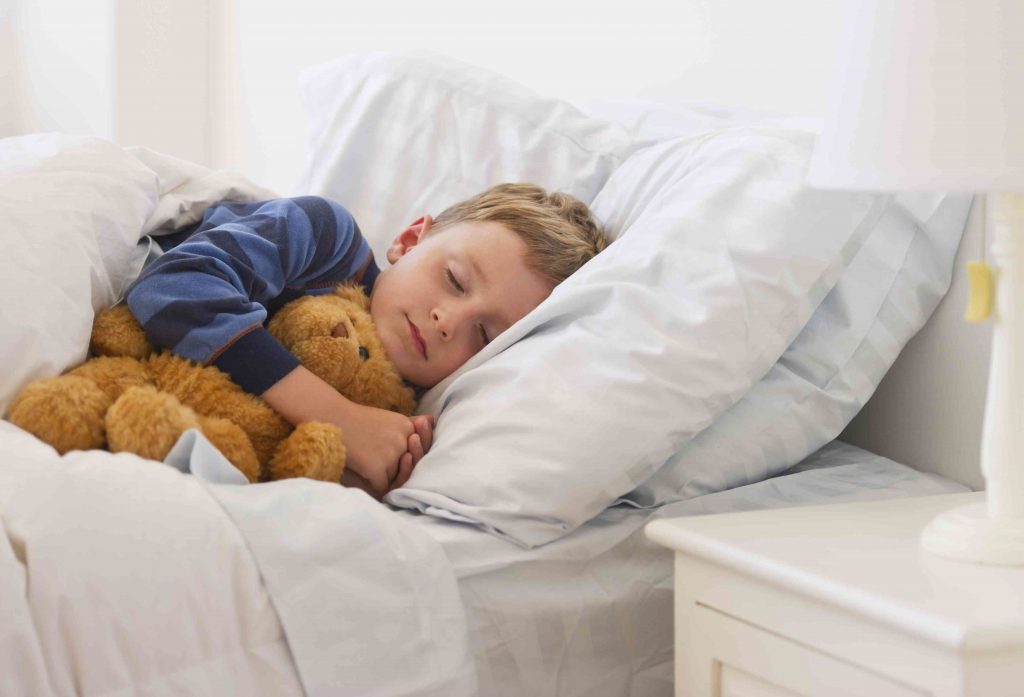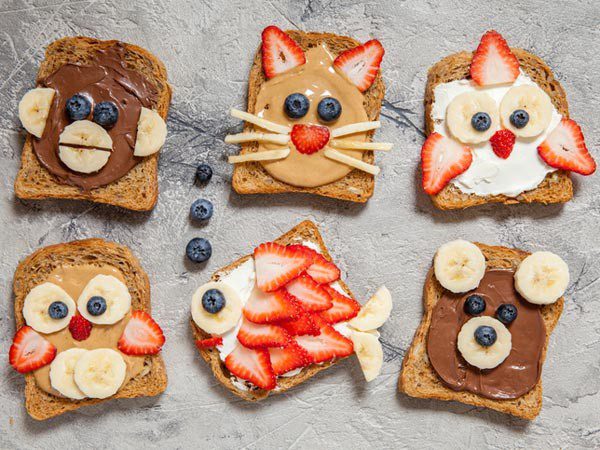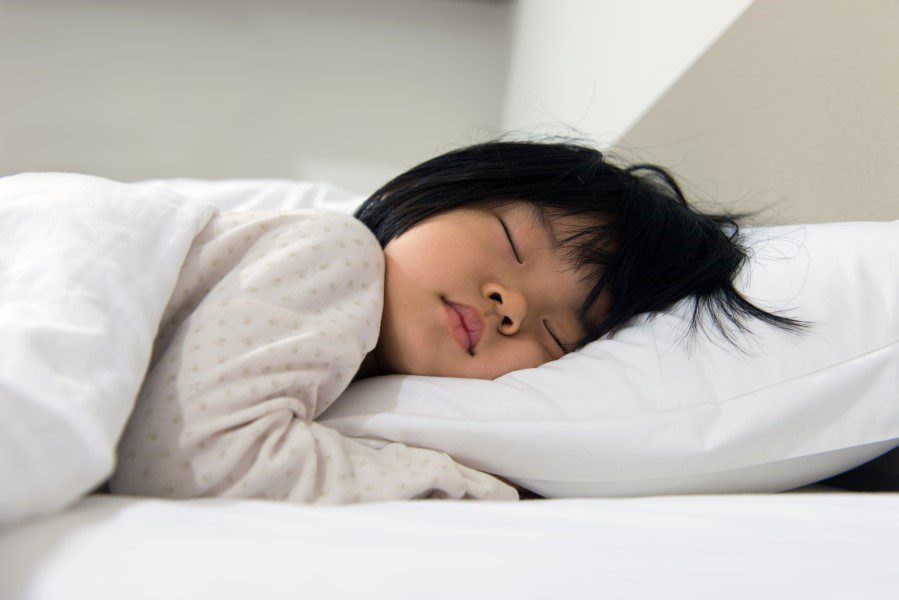A literal safety blanket, a creepily smiling toy or a magic pajama, parents have to fulfill every whim of a child to get them a good-quality sleep. A proper bedtime ritual should not only get them to sleep, but also keep them sleeping. Most children rouse by themselves at the first light of dawn if they are following a healthy dusk-to-dawn sleep routine.
Why does it sound like big a deal? Because for most parents, making them & keeping them stay in a horizontal static position seem similar to getting them a vaccine for illness – lots of hues & cry, not to mention the unnecessary hassle.
Oh & sending them to bed should not be a real sport on a daily basis, a parent ought to just tick off the task of the day checklist. How to go about it? Initiate a monotonous routine that gets them the healthy nights sleep even without your presence, a drowsy little flickering eyelids at a certain time daily, with a full night – no waking up to the noise of ‘mommy’ in the middle of the night – deep slumber with a refreshed & relaxed face at the dawn.
The developing sleep pattern at their 18 months old-time set a healthy sleep quality habit even when they hit their 18s. Here are the tips & tricks for how to guarantee good quality sleep for children.
Circadian Rhythm Lighting
Use circadian rhythm lighting to tackle the circadian rhythm sleep disorders. Encourage your child to get as much natural light as possible during the day, & switch on the energy-efficient LED light bulbs at night to combat blue lights. Bright light suppresses melatonin. So natural light combination with circadian rhythm lights makes your child feel awake and alert during the day and sleepy towards bedtime.
Demonstrate Quality Sleep Benefits
Prioritize & then demonstrate the quality of sleep benefits in your household. First things first, set a smart nap plan:
Children, at an earlier age, ought to nap in the day time. However, just as they exceed their nap time, it might keep them awake at the godly hours of the night.
When they get older, occasional late-afternoon naps can be beneficial for their health if they’re not getting enough sleep at night. Either way, 30 minutes at most is enough for a nap.
Limited Smartphone Use
Ever wondered, why does your body slack & your energy diminishes as the night approaches? Brain secrets a chemical hormone at night time which makes us drowsy & sleepy.
Smart screens emit blue light that glows & leads to a confused brain as to how to deal with this change of event. It destabilizes & disrupts your circadian rhythm if you do not pay heed to the signs your body sends at the earliest.
Switch off TVs and video games & keep your children out of these devices at a certain fixed time at night – about an hour before bedtime.
Include Exercise as Routine
Children that keep moving, exercising & running around get exhausted at night. Being active at this age is a good thing, it ensures a good night’s sleep. Their daily routine should include at least 60 minutes of activity for children of all ages.
Minus Caffeine off of the Menu
Anything that contains caffeine, say, soda, energy drinks, and coffee beverages should be off the table. These are the culprit keeping children from falling or staying asleep.
It is advisable to strictly limit the intake, & a big NO-NO before their bedtime. Oh & Lookout for chocolate before bed, too caffeinated.
Helicopter Mother Mode at NIGHT
The normal human body has a certain requirement for a healthy night’s sleep: A cool, healthy dim light & silent space. Just a change in temperature – too warm or chilly – can disrupt the sleep pattern. Some children are extra sensitive to noises around them, make sure to have a pitch-black with pin-drop silence environment.
Parents are often alert of the cues of drowsiness in their children. Do they arouse relaxed in the morning for school? Or there still is a hint of sleep in their eyes? Are they attentive and in a jolly mood, or do they frequently catnap? If you feel an inkling of disturbance in their morning ritual, it is time to adapt to helicopter mother mode for their sake.
Eat Sufficiently at Allocate Time
Children ought to take evening meals portioning all the nutritions for a healthy diet at a reasonable time. Stuffing more than they can stomach or too little – for that matter – might make your child more alert or uncomfortable. All of this can make it harder for them to fall sleep.
Not to mention, a healthy breakfast kickstarts the body clock & keeps the rhythm going in their favor.
Circadian Rhythm Restoration
If all of these guidelines do not help keep a healthy children’s routine, do not waste further time & consult a proper GP or health expert. There is no harm in needing professional support.
Sleep Routine Matters!
Nip the circadian rhythm sleep disorder in the bud. Sleep, whichever age range you belong, is important for the recovery & rebuilding of the body, as well as for the brain to stay focused on tasks at hand. Children, however, need more sleep, as their growing brain cannot effectively deal with the repercussions of the loss of sleep.
Did not sleep well is equal to hurdles in learning new tasks. Yes, for children learning new skills is a rapid process, whether it’s new-born learning to walk or talk or an adolescent driving a car and revising for exams, but none can negate the negative impacts of lack of sleep.
Look at the importance of the right amount of sleep by the statistics: They become less likely to make unhealthy choices and have fewer to none behavior problems. Sleep-deprived teen drivers are prone to getting into car accidents. Plus, sleep also defends immune systems, so there are few call-in-sick days on your watch.
If you have further queries or suggestions regarding the benefits of circadian rhythm lighting, please share it with us in the comments below!











